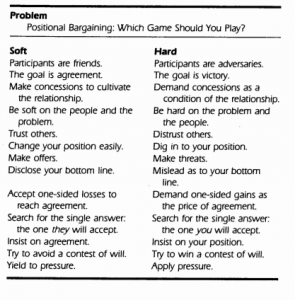I spent about three hours shoveling today, which gave me plenty of time to think about how communities deal with the complex task of snow removal.
The city I live in is among the best in the area when it comes to snow removal, and yet I find myself continually looking at the ineffeciencies and wondering if there isn’t some better solution.
Perhaps I am just a New England curmudgeon, but here are a few of the things that drive me crazy:
As a home owner, I am conceptually fine with it being my responsibility to clear the public way (sidewalk) abutting my house. This is standard in many area communities and just seems like good citizenship: yes, we must all work together to keep public areas publicly accessible.
But even agreeing to that thesis, the logistics make this process break down.
First, people are expected to clear their sidewalks a minimum of 42 inches wide, per ADA requirements. I would agree that accessibility is important – it’s terrible how difficult we make it for people in wheelchairs, or even with strollers, to get around. But the challenge is that many of our sidewalks aren’t even 42 inches wide. I’m not sure it’s even physically possible to clear 42 inches wide – where would we put the snow?
This could lead to an interesting debate about our individual and collective responsibility to ensure a welcoming and accessible environment for all, but it also leads to a more practical challenge:
Everyone has a different idea of what it means to clear the side walk.
I try to go for about 2 shovel widths – somewhere between 24-30 inches. Some people stick with just one shovel width (12 inches), and, of course, some people just don’t shovel at all.
But the variation is important, because it’s not just an issue of compliance vs. non-compliance. We’re all (not) complying differently, which makes for irregular paths.
As a pedestrian, I find this frustrating.
To complicate matters, sidewalk shoveling and street clearing are two tasks which don’t go together very well. Yesterday shoveling was all about keeping up with the storm, but today was clean up – which essentially meant doing the same work over and over again.
Before I went to bed last night, I shoveled the walk, cleared the curb cut on the corner, and cleared around the fire hydrant.
Then when I got up this morning, I shoveled the walk, cleared the curb cut on the corner, and cleared around the fire hydrant.
After lunch time I went out, shoveled the walk, cleared the curb cut on the corner, and cleared around the fire hydrant.
And it didn’t snow at all today.
Most of the work today was just from undoing the sidewalk impact of the snow plows. Every time they come by they plow in the corner, they plow in the fire hydrant, and their plowed snow causes avalanches into the cleared parts of the sidewalk.
I’m like the Sisyphus of snow removal.
I have this dream world where the city has some sort of sidewalk-clearing device that can clear the sidewalks – a full 42 inches! – as easily as plows clear the streets.
As much as I enjoy this dream, though, I know it’s impossible. For one thing, my city already spends $650,000 annually on snow removal, so we’d need to find the money to double or perhaps triple that amount. Assuming we found the funding, there’d still be the challenge of where to put the snow.
And finally, there’s the challenge that smaller sidewalks would invariably get worse service than main sidewalks – just as main streets get plowed more frequently than side streets. That doesn’t entirely seem fair.
Perhaps we need to rethink the entire way we think of transportation and snow removal – reorient ourselves to pedestrian-driven designs and forgo vehicle-centric approaches.
Or perhaps tomorrow morning I should just shovel the walk, clear the curb cut on the corner, and clear around the fire hydrant.












